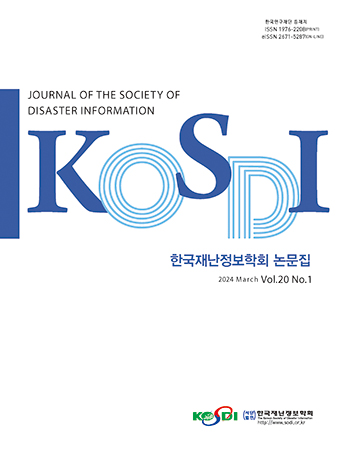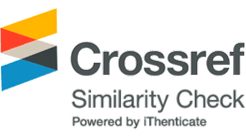Original Article
Abstract
References
Information
Purpose: The purpose of this study is to suggest a smart city strategy through smart growth considering the human, social and cultural meaning. It seeks opportunities to develop the cities that has not grown by integrating the ICT, a new growth tool for smart cities, into the spatial and physical renewal project. Method: Analyzing policy and strategy of smart living lab and digital cultural contents on the smart growth process under the experience in Amsterdam and Paris. Results: Smart city is expected to be reflected not only the technical aspects but the social characteristics of the city in order to enhance the living environment of the citizens by embracing diverse viewpoints throughout the city. It examines the smart growth plan in the improvement of the living conditions of the citizens. Conclusion: Planning smart city is to discover the smart city adaptability that can enhance the capability of cities to improve the life condition and quality of citizens by applying the core strategies and specialized programs with community service and urban marketing, which are emerging as smart cities based on ICT technologies.
연구목적: 본 연구에서는 스마트시티를 추진하는 과정에서 정보통신기술의 기술적 측면뿐 아니라 사람, 사회, 문화의 중요성을 인지하여 미래의 시민 생활환경을 제고한 삶의 질 개선 및 살기 좋은 도시로 거듭날 수 있는 사회-참여 중심의 스마트시티 조성방안을 제시하고자 한다. 연구방법: 리빙랩 방식으로 시민들의 생활여건과 삶의 질 향상을 도모한 암스테르담과 문화콘텐츠와 디지털 기술을 결합한 스마트 콘텐츠 개발에 선도적인 파리의 사례를 분석하고 사회-참여 중심의 스마트 리빙랩 플랫폼 실행방안을 제시한다. 연구결과: 사회-참여 중심의 스마트시티 조성을 위한 성장전략으로는 사람 중심의 사회혁신시스템을 정립하여 스마트 플랫폼 구축, 기술 및 사회혁신분야 간 탄력통합적 상호협력체계 플랫폼 구축 등이다. 결론: 건강하고 지속가능한 커뮤니티조성, 인종 및 공간 형평성을 통한 다양한 커뮤니티와 지역사회참여, 사회경제적 불평등을 극복한 기회 창출을 위한 추진요소로 커뮤니티서비스와 도시마케팅을 설정하고 ICT에 기반한 사회-참여 중심의 스마트시티 전략을 제시하였다.
- Hwang, J.-S. (2016). A Study on the development prospect of Smart City and Korea's Competitiveness, Korea Information Promotion Committee
- Jang, J.-E., Song, A.-J., Park, J.-H. (2017). A Study on the Improvement of Domestic・Foreign Cases and Laws・Regulations in Smart Cities, National Assembly Research Service
- Korea Land & Housing Corporation (2018). A Study on the New Administration's Smart City Policy and the Direction for implementation of the National Pilot Project.
- Lee, H.-S. (2017). The Concept and Policy Trends of Smart City, Convergence Research Policy Center
- Lee, J.-Y. (2017). The Direction for implementation and Strategies of Smart City Policy, Monthly KOTI Magazine on Transport
- Oh, H.-J. (2016). Digital Innovation and Promotion of Content Startup in French, Marketinsight
- Park, J.-M. (2018). The Key Convergence Case of the Fourth Industrial Revolution: Concepts and Standardization Status of Smart City, Telecommunications Technology Association
- Sung, J.-E., Lee, Y.-N. (2018). The Case Study and the Key Subject of Living Lab in Smart City, Science & Technology Policy Institute
- Sung, J.-E., Song, W.-J., Park, I.-Y. (2013). Operation and Case Study of Livnglab, Science and Technology Policy Institute
- https://amsterdamsmartcity.com/themes
- Publisher :The Korean Society of Disaster Information
- Publisher(Ko) :한국재난정보학회
- Journal Title :Journal of the Society of Disaster Information
- Journal Title(Ko) :한국재난정보학회논문집
- Volume : 16
- No :2
- Pages :291-298
- DOI :https://doi.org/10.15683/kosdi.2020.06.30.291




 Journal of the Society of Disaster Information
Journal of the Society of Disaster Information







